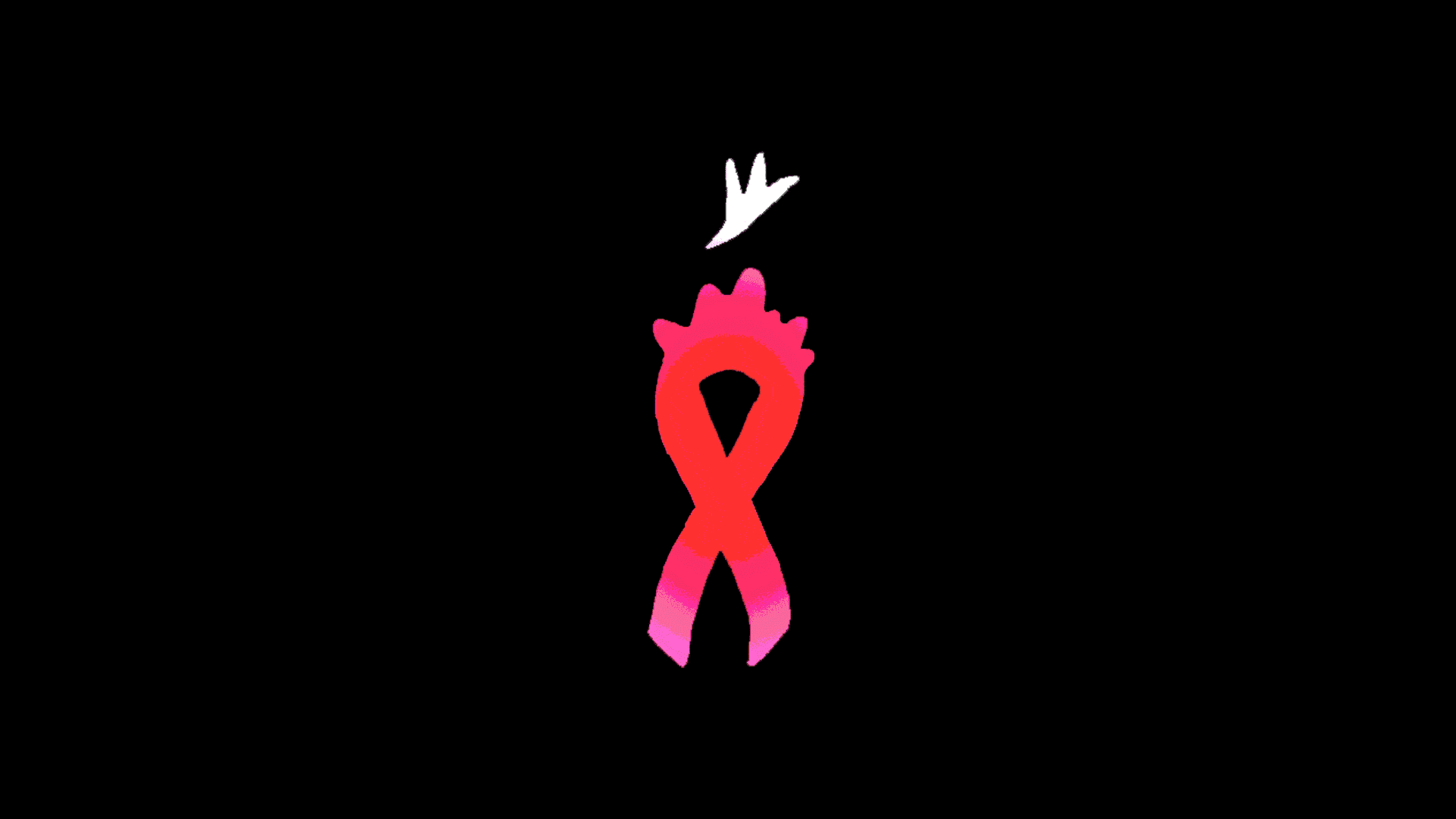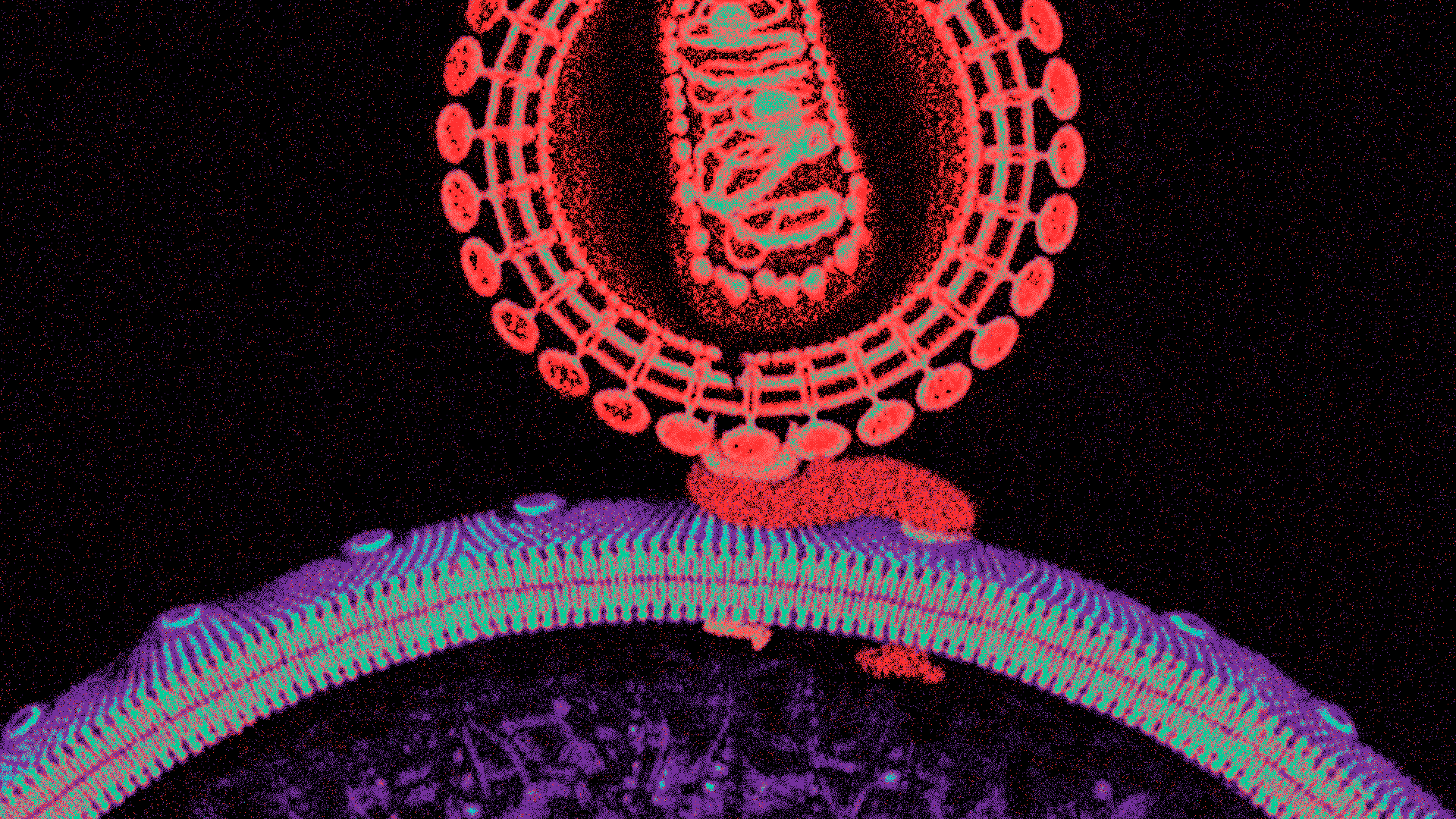
Opportunistic infection among HIV positive Anonymous HIV Testing | Anonymous HIV Clinic Bangkok, Pattaya, Phuket, Chiang Mai Thailand
16139
People with weakened immune systems include people living with HIV. HIV damages the immune system. A weakened immune system makes it harder for the body to fight off OIs.
What is an opportunistic infection?
- Opportunistic Infections are infections that occur more often or are more severe in people with weakened immune systems than in people with healthy immune systems. People with weakened immune systems include people living with HIV.
- OIs are caused by a variety of germs (viruses, bacteria, fungi, and parasites). OI-causing germs spread in a variety of ways, for example in the air, in body fluids, or in contaminated food or water. Some OIs that people with HIV may get include candidiasis, Salmonella infection, toxoplasmosis, and tuberculosis (TB).
What are the common opportunistic infections among HIV patients?
- HIV-related OIs include pneumonia, Salmonella infection, candidiasis, toxoplasmosis, and tuberculosis (TB).
- For people with HIV, the best protection against OIs is to take HIV medicines every day. HIV medicines prevent HIV from damaging the immune system. Because HIV medicines are now widely used in the United States, fewer people with HIV get OIs.
- People with HIV often have trouble with Candida, especially in the mouth and vagina.
Opportunistic infections that occur at different CD4 counts:
- CMV (cytomegalovirus) – a viral infection that can cause permanent vision loss and blindness and can also affect other organs.
AT ANY CD4 COUNT
- The risk of TB is higher in HIV-positive people. This can occur at any CD4 count.
- Kaposi’s Sarcoma (KS) can occur at any CD4 count, though the risk increases as the CD4 count drops below 350-500.
CD4 COUNT BELOW 300
- Diarrhea from bacteria infections microsporidia and cryptosporidia.
- Skin problems – candida (thrush), dry skin, etc.
CD4 COUNT BELOW 200
- PCP (fungal pneumonia) and chest infections.
- Toxoplasmosis – a parasitic infection that can cause brain lesions.
CD4 COUNT BELOW 100
- MAI /MAC (mycobacterium avium complex) – bacterial infections similar to TB.
- Cryptococcus – a fungal infection that can cause meningitis in the brain and PCP-like symptoms in the lungs.
CD4 COUNT BELOW 50
- CMV (cytomegalovirus) – a viral infection that can cause permanent vision loss and blindness and can also affect other organs.
Why do people with HIV get OIs?
- Once a person has HIV, the virus begins to multiply and damage the immune system. A weakened immune system makes it harder for the body to fight off OIs.HIV medicines prevent HIV from damaging the immune system. But without treatment with HIV medicines, HIV can gradually destroy the immune system and advance to AIDS. Many OIs, for example, certain forms of pneumonia and TB, are considered AIDS-defining conditions. AIDS-defining conditions are infections and cancers that are life-threatening in people with HIV.
What can people with HIV do to prevent getting an OI?
- For people with HIV, the best protection against OIs is to take HIV medicines every day.
People living with HIV can also take the following steps to reduce their risk of getting an OI.
- Avoid contact with the germs that can cause OIs.
The germs that can cause OIs can spread in a variety of ways, including in body fluids or in feces. To avoid sexually transmitted infections, use condoms every time you have sex. If you inject drugs, don’t share drug injection equipment. After any contact with human or animal feces, wash your hands thoroughly with warm, soapy water Be careful about what you eat and drink.
Food and water can be contaminated with OI-causing germs. To be safe, don’t eat certain foods, including undercooked eggs, unpasteurized dairy products or fruit juices, or raw seed sprouts.Get vaccinated.
Talk to your health care provider about which vaccines you need.
Can OIs be treated?
- There are many medicines to treat HIV-related OIs, including antiviral, antibiotic, and antifungal drugs. The type of medicine used depends on the OI.
Once an OI is successfully treated, a person may continue to use the same medicine or an additional medicine to prevent the OI from coming back.
Written by Dude Arnel Flores Lopez, BSN, RN 14 April 2021
Medically reviewed and updated by Dr.Deyn Natthakhet Yaemim, 10 April 2021
References:
https://hivinfo.nih.gov/understanding-hiv/fact-sheets/what-opportunistic-infection
https://www.cdc.gov/hiv/basics/livingwithhiv/opportunisticinfections.html
I have my prescription and I want to order now, TAKE ME THERE !



